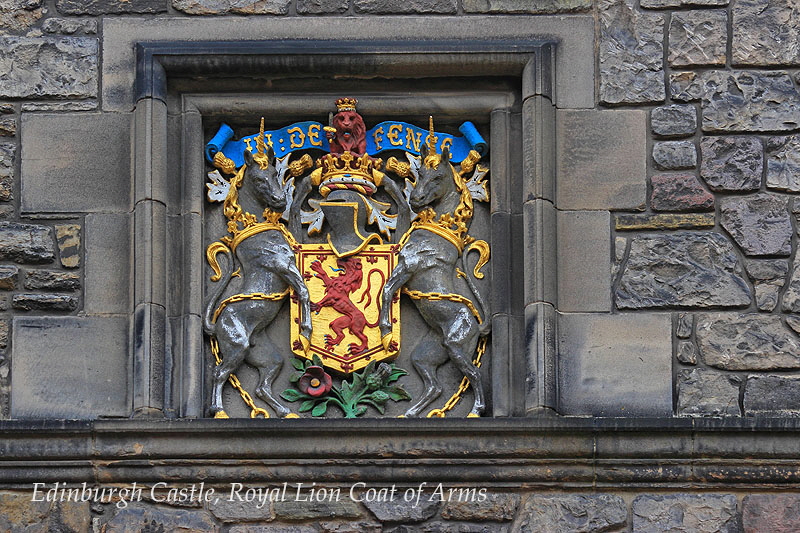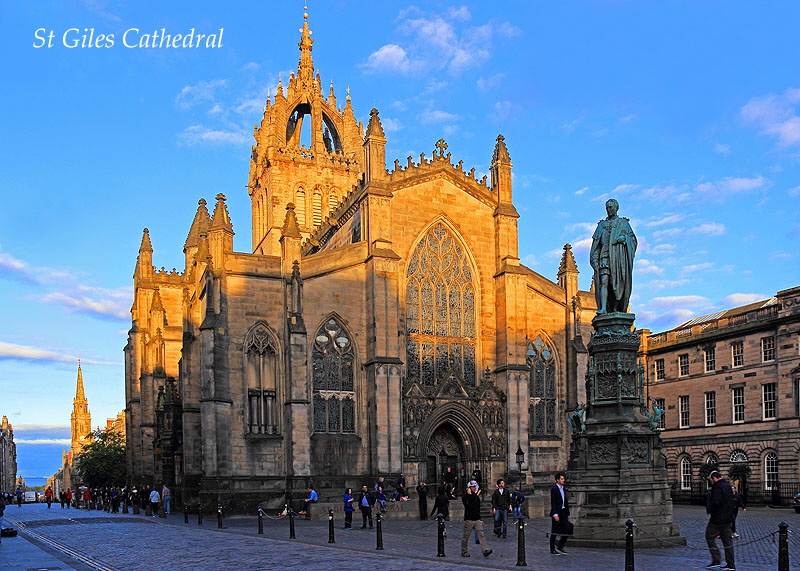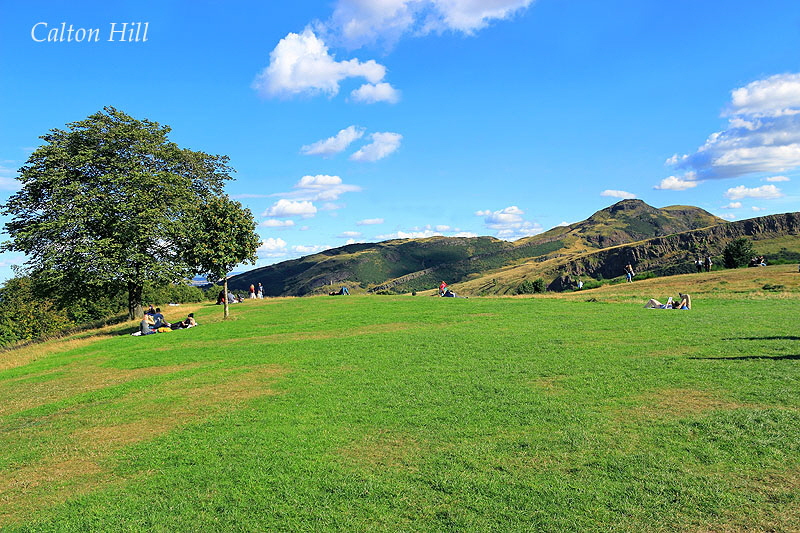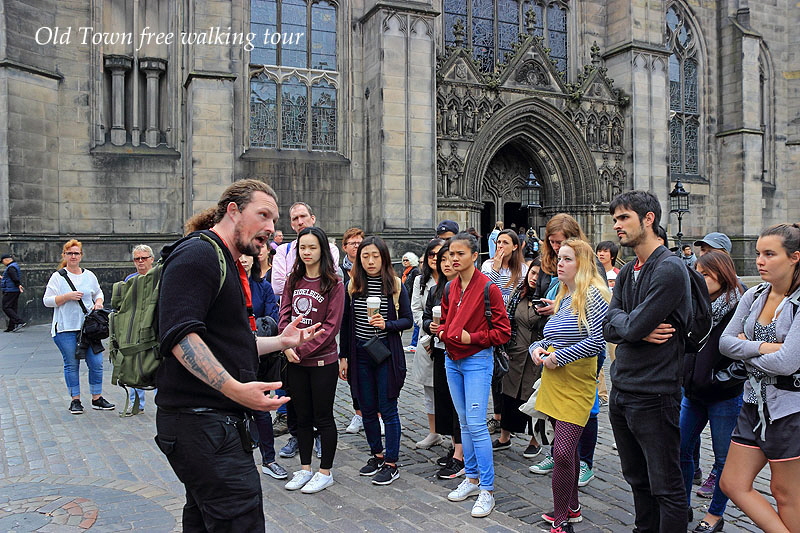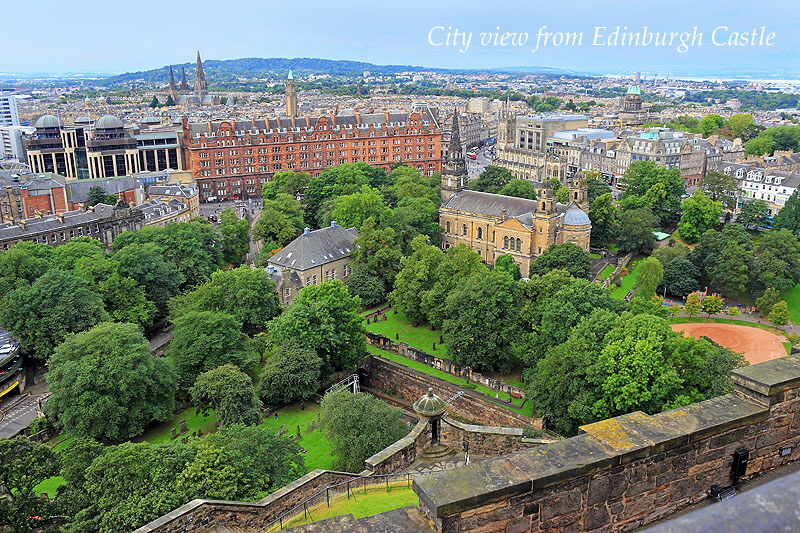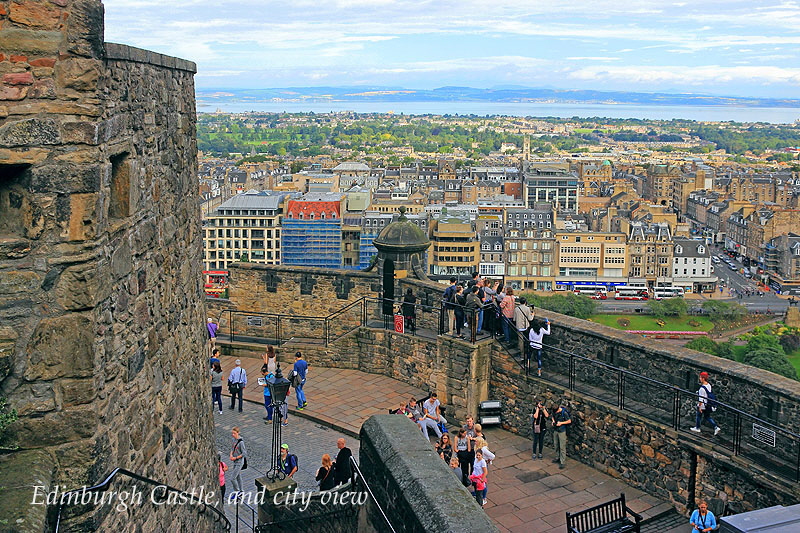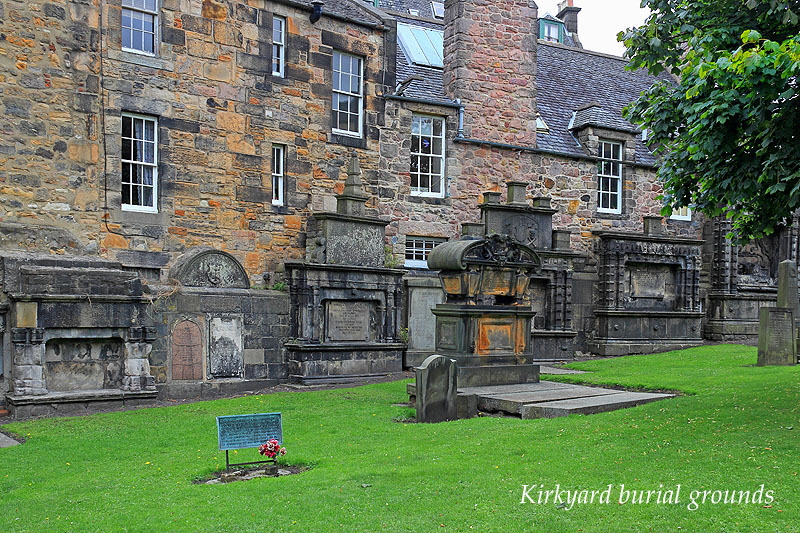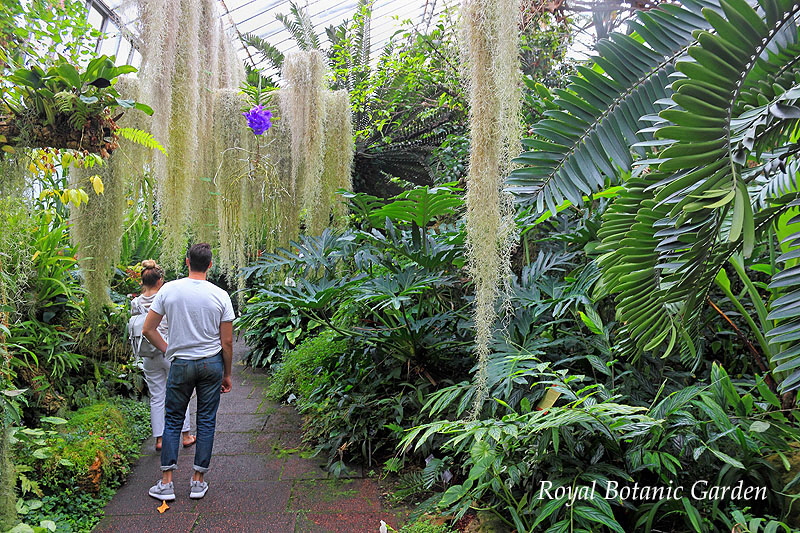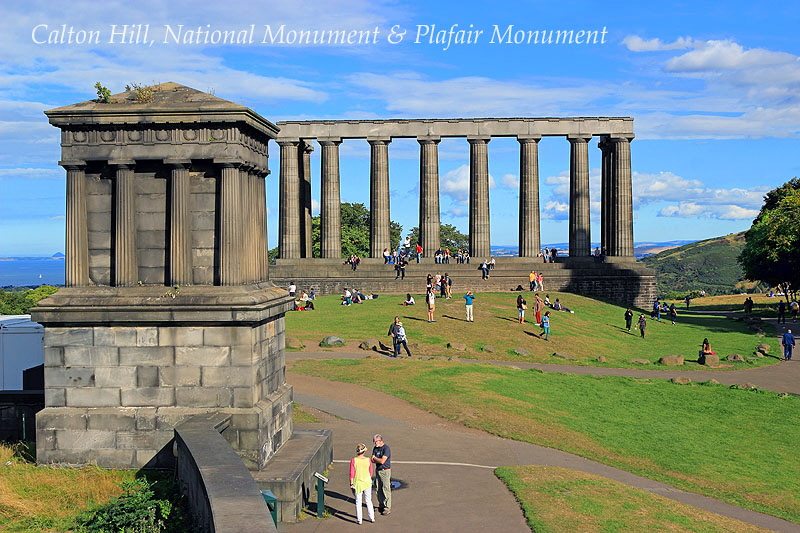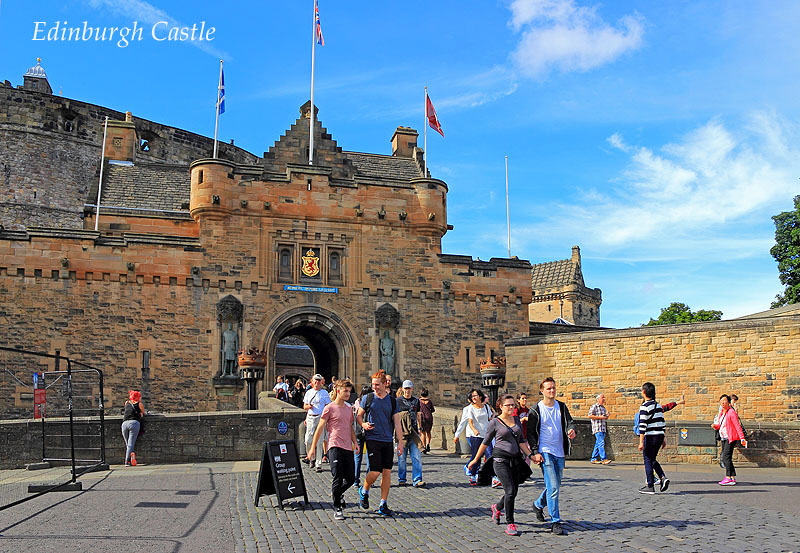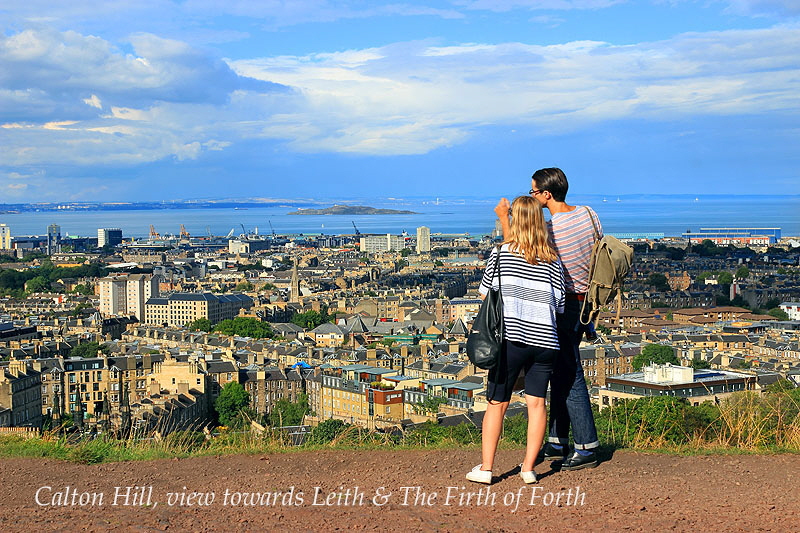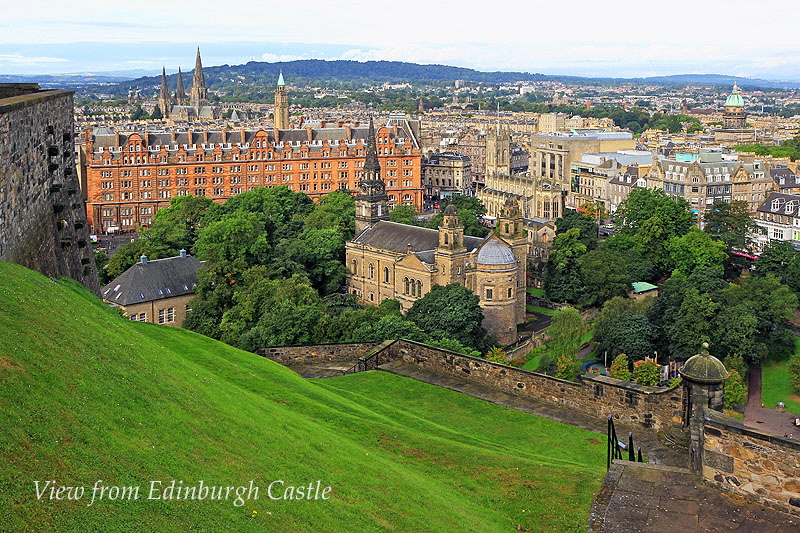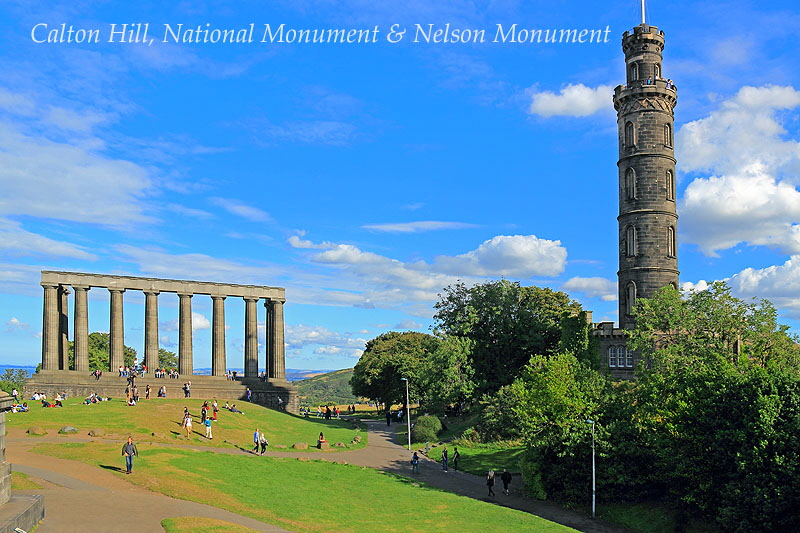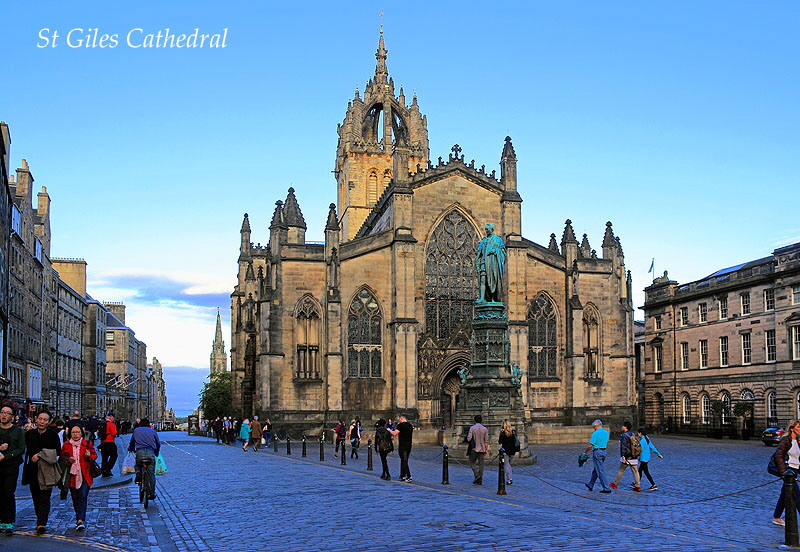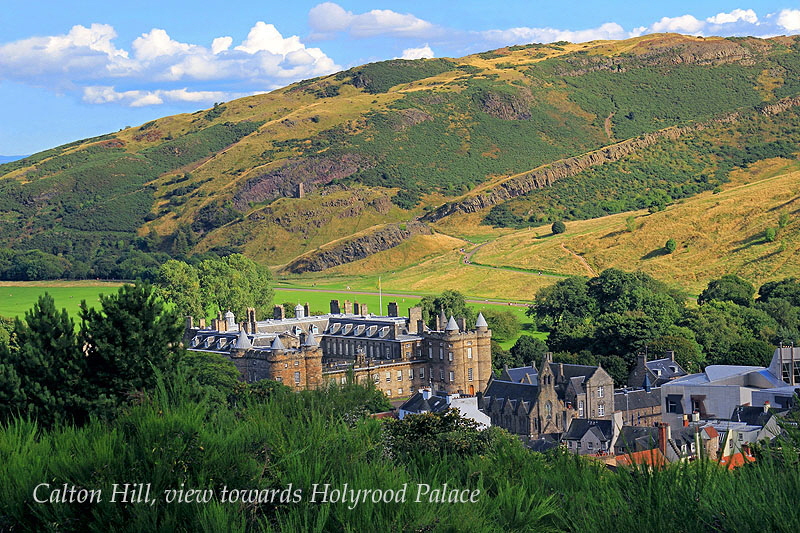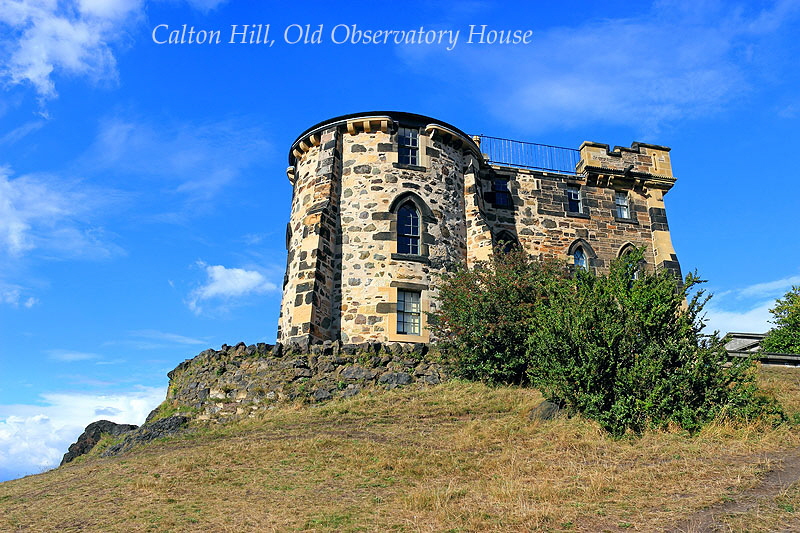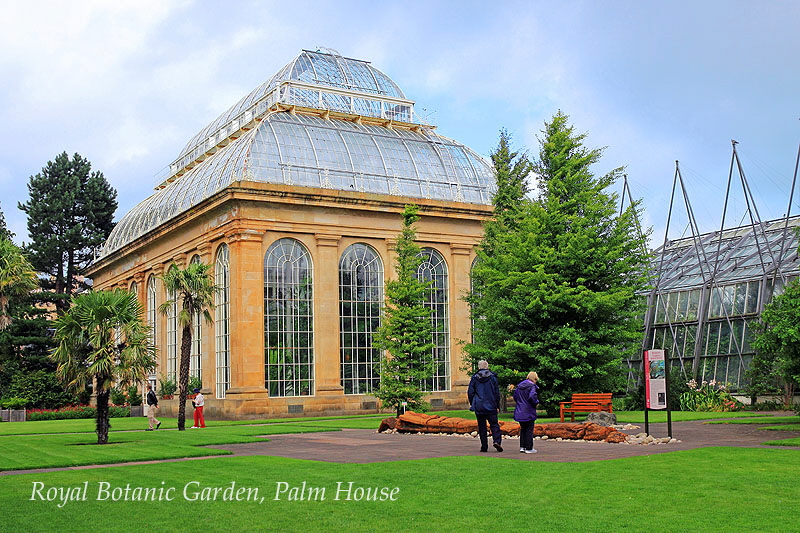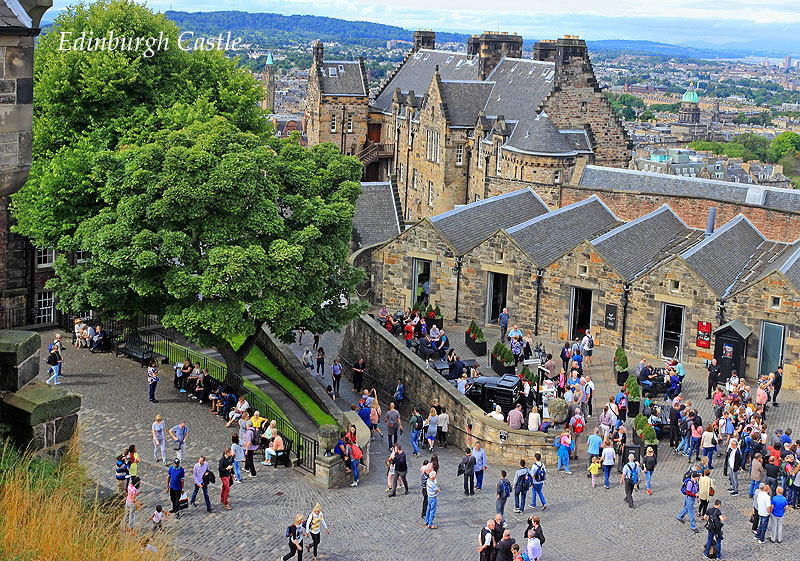
Walking among Edinburgh sights and loving it
Having lived most of my life in London and constantly putting off a visit to Scotland, it was to overcome my guilt, that I decided it was time for a trip to the country’s capital Edinburgh. There was an added incentive too, as a close friend was getting married there and being invited, I decided to add a few extra days, indulging in the pleasures this city has to offer.
Information on visiting Edinburgh as a tourist is plentiful. However, with just three full days to linger in, I carefully planned my itinerary of what to see and do, knowing full well what my limitations on time were. While I had decided to see only a few chosen sights, many others came into view on the way.
As luck would have it, Edinburgh’s numerous attractions are easily accessible on foot. Lacing up comfortable walking shoes, equipped with a camera and a mini guidebook, and with the weather forecast promising sunny days ahead, I eagerly set off.
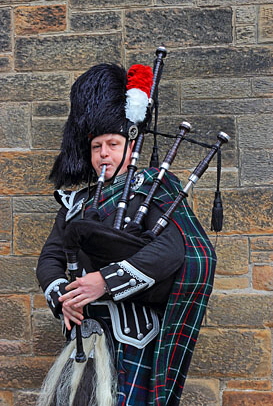
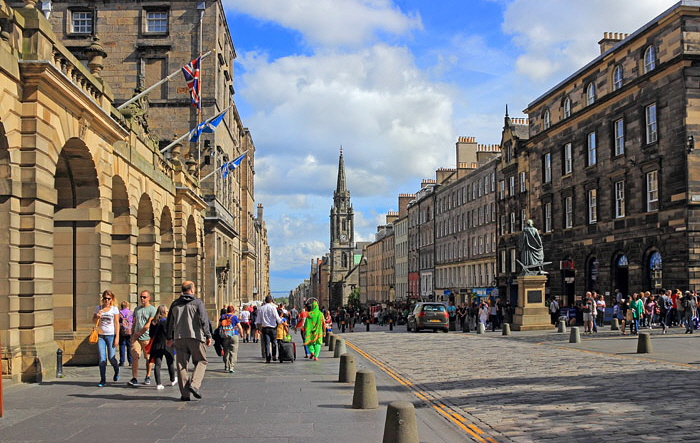
The Royal Mile
Stepping outside my hotel, the faint familiar sound of bagpipes grew louder as I headed towards the High Street, famously named ‘The Royal Mile’ - once the city’s medieval highway. A smartly dressed tartan-kilt-clad busker was out early, keen to encourage tips from visitors passing by.
Not wishing to breakfast at the hotel, I was pleasantly surprised at the plethora of restaurants along the High Street that were open for the traditional Scottish breakfast. Having had my fill of a good ‘fry up’ ensuring it included some Black Pudding, I continued onward.
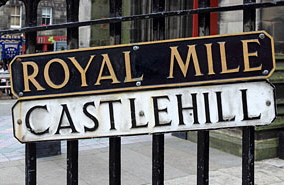
First in the priority list - Edinburgh Castle
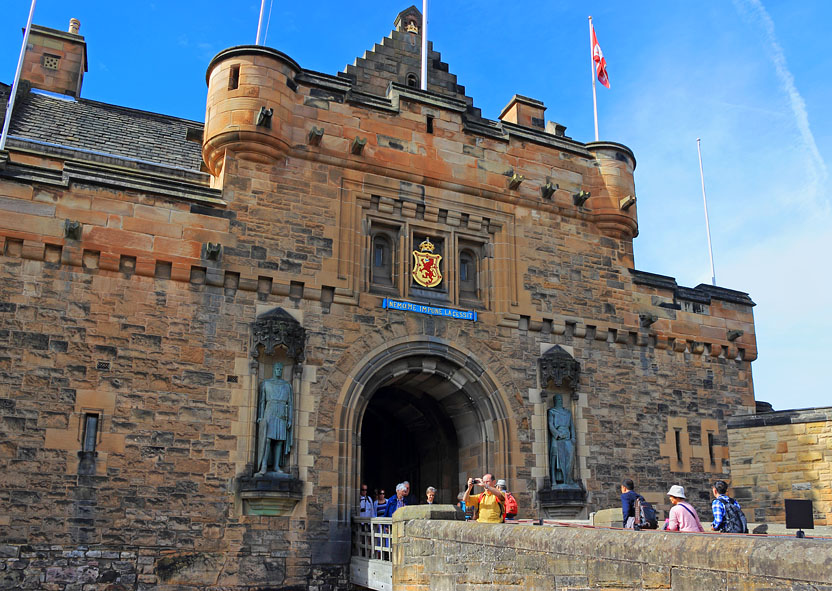
It’s difficult to say something new other than what’s already been written about this iconic landmark. Built atop a mammoth rock, it’s one of the oldest fortified structures in all of Europe. And it towers over the city skyline which can be seen from every direction. There is an abundance of historical information available on web sites to get acquainted before visiting. And being there is an experience not to be missed. If time is of the essence, then joining a castle tour would suffice. Nevertheless, to enjoy it at its fullest, a good half a day is essential.
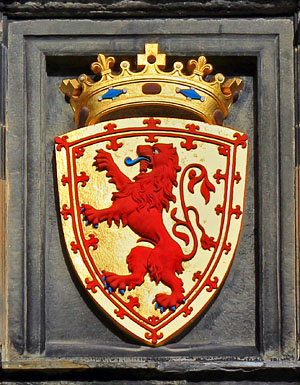
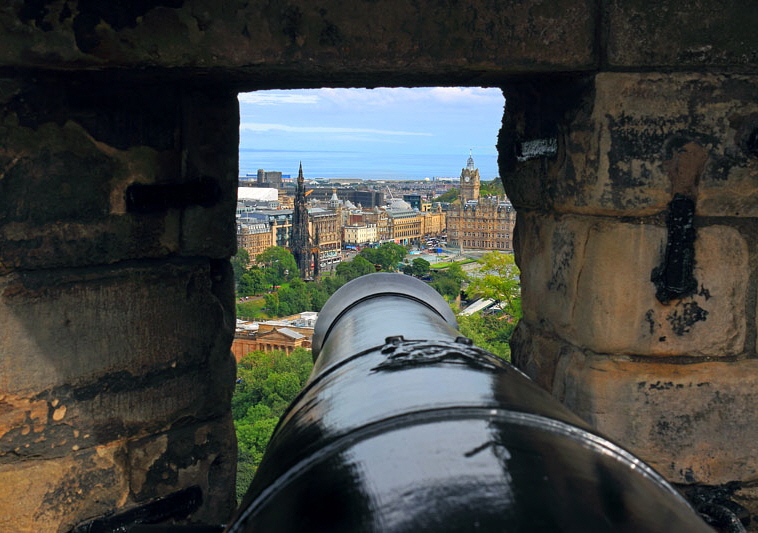
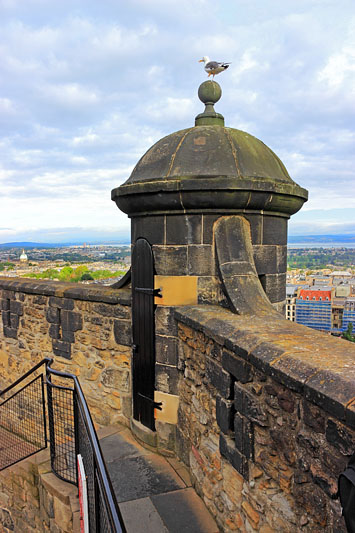
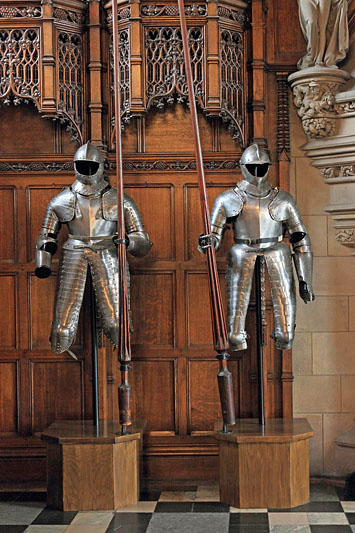
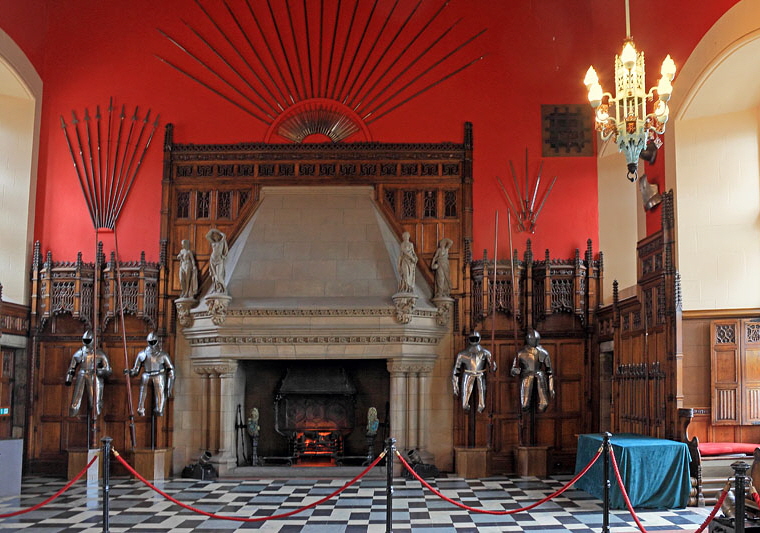
Edinburgh Castle, armory
Edinburgh Castle, The Grand Hall
There’s so much to see - ancient Scottish artefacts, armory, and the ‘Scottish Crown Jewels’. The 12th century St Margaret’s Chapel, The Great Hall and The Royal Palace building are some of the highlights to explore. Then there are the ramparts with canons, bastions and towers, and fabulous panoramic views all around. Arriving early may sound like a good plan to get in without many queues, but everyone else has the same idea, and even though I had purchased my ticket online for ‘fast track entry’, there was still a long queue to contend with.
Edinburgh Castle, Royal Palace building
St Margaret’s Chapel, stained glass window
Castle tour
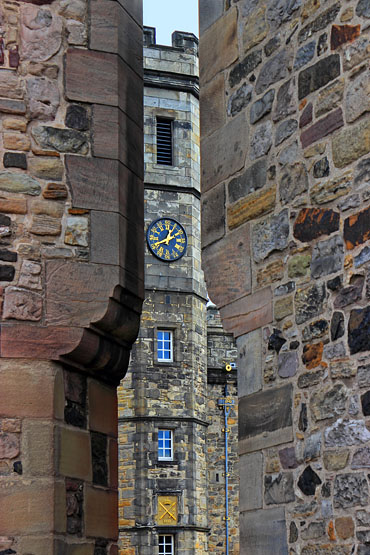
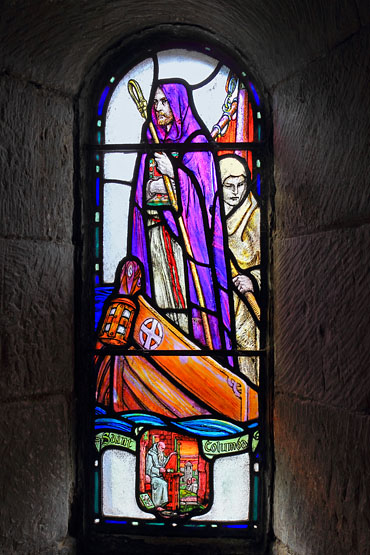
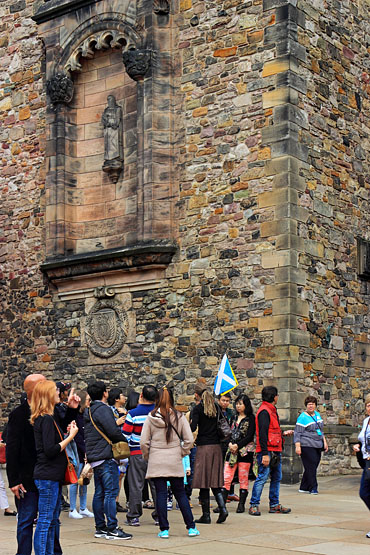
If you’re appreciative of memorials and statues, Edinburgh has more than its fair share. The city has nearly 200 spread around, with many in the old town, reflecting its ancient past and the present. Begin with the biggest - and in Princes Street, you cannot miss the Scott Monument. It was built in 1832 to the memory of one of Scotland’s revered writers Sir Walter Scott. It is the world’s largest monument to a writer. Almost black in colour, its spire tapers to a point 200 feet (60 metres) high. The structure has several sculptures of characters from the author’s novels. It is possible to climb the steep narrow steps for a view of the city, which also has a small museum. Adjacent to the memorial is a statue of David Livingstone - the famous Scottish African explorer
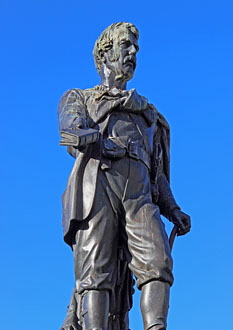
Livingstone statue
Scott Monument
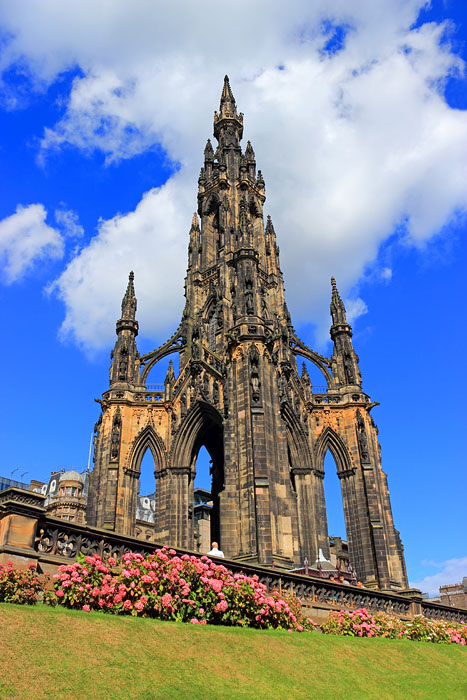
Adjoining the memorial site is also the elegant and exquisitely landscaped Princes Street Gardens. Covering 37 acres, the central feature of the gardens is the beautiful Ross Fountain. Built in cast-iron, it was installed in 1872 having been previously rejected due to its ‘voluptuous’ sculptures. The fountain, along with the castle in the background, prompts a good photo opportunity. The gardens have many other sculptures on view. The Scottish-American War Memorial and the Wojtek Soldier Bear sculpture are a couple of notable ones. The whole area is a serene retreat from the main street crowds.
Princes Street Gardens
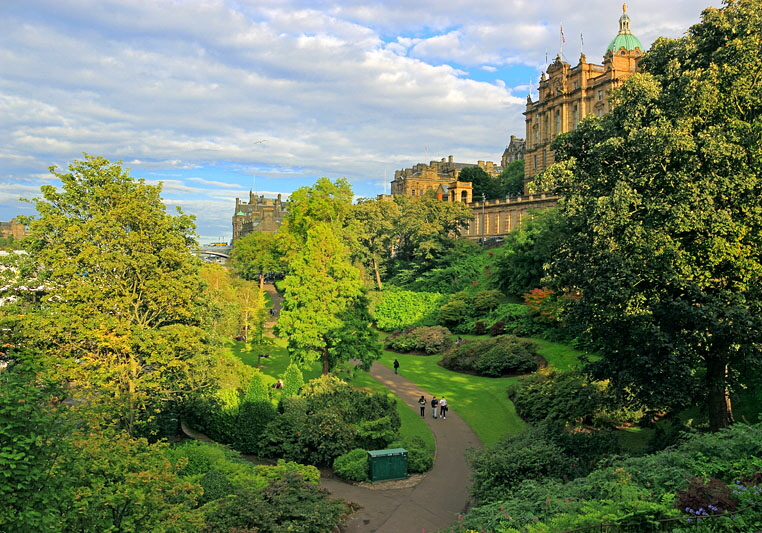
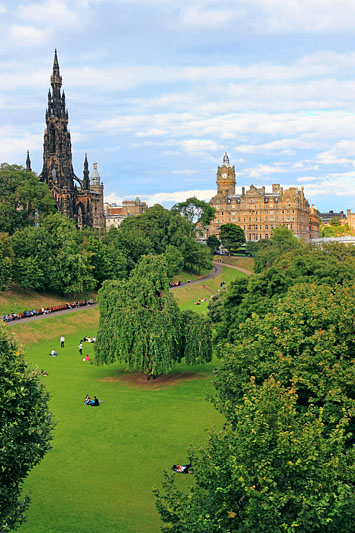
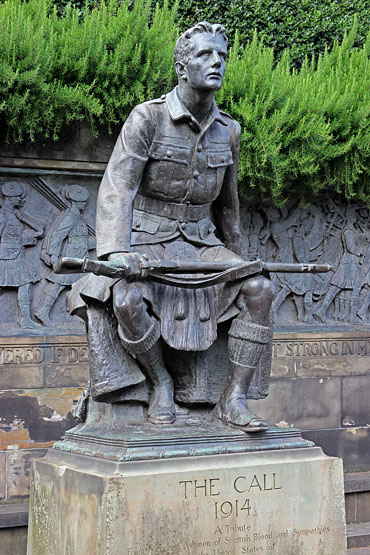
Princes Street Gardens, war memorial
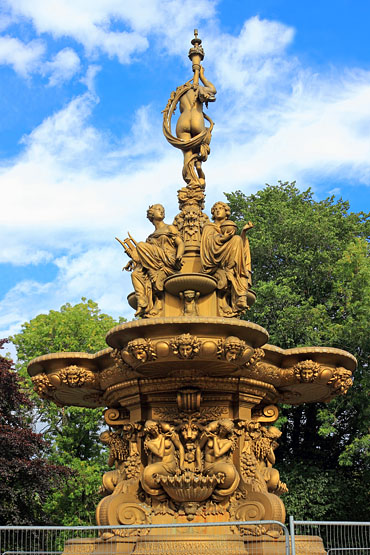
Ross Fountain
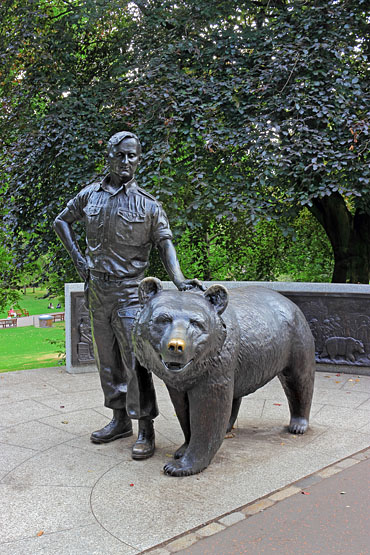
Wojtek Soldier Bear sculpture
Keeping with the theme of statues and memorials, back on the High Street (Royal Mile) you’ll come across several more.
Along the High Street is a statue of Adam Smith, the Scottish philosopher and proponent of capitalism. During the Great Fire of Edinburgh in 1824, James Braidwood became the inventor and founder of modern fire fighting methods. To commemorate his achievements, a bronze statue of him was erected in 2008.
In Parliament Square, is the memorial to the 19th century Duke of Buccleuch. During his latter years, he was famed for creating high local employment, housing and churches. Information about this historic character can be found online. The memorial is adorned with a larger-than-life bronze statue of the duke, and the hexagonal shaped structure has various elaborate bas-relief carvings as well as deer sculptures.
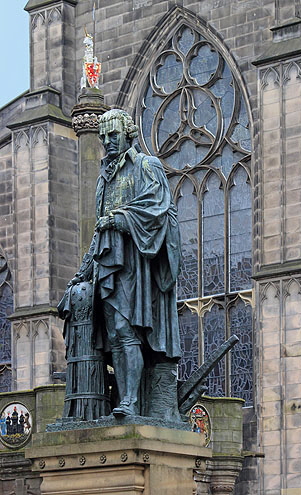
Adam Smith statue
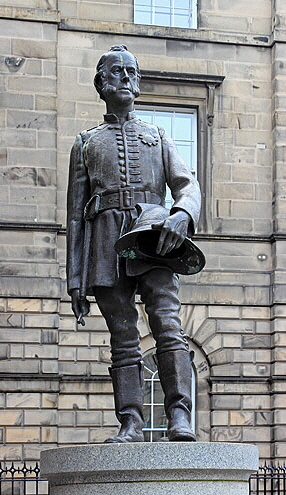
James Braidwood statue
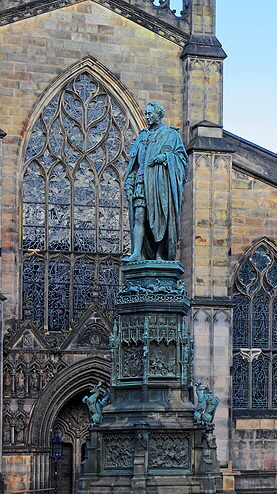 |
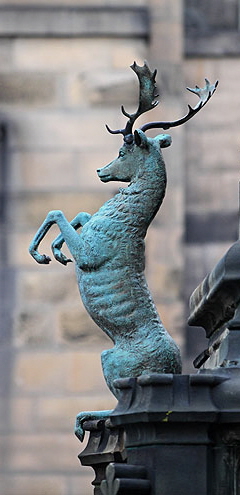 |
|||
|
Duke of Buccleuch memorial and deer sculpture |
||||
Occupying most of Parliament Square is the 12th century St Giles Cathedral (also known as Kirk of Scotland). With its traditional crown shaped steeple the church can be seen from both ends of the Royal Mile. Spare the time to just sit down and regard its interior. The beautiful nave, stained glass windows, and the modern Reiger Organ Pipes are some of the high points. For history buffs, there are twice daily free walking tours of the church. The 45 minute tour enlightens you with its history through centuries of turbulent times, civil war, and the birth of the Scottish Reformation.
St Giles Cathedral
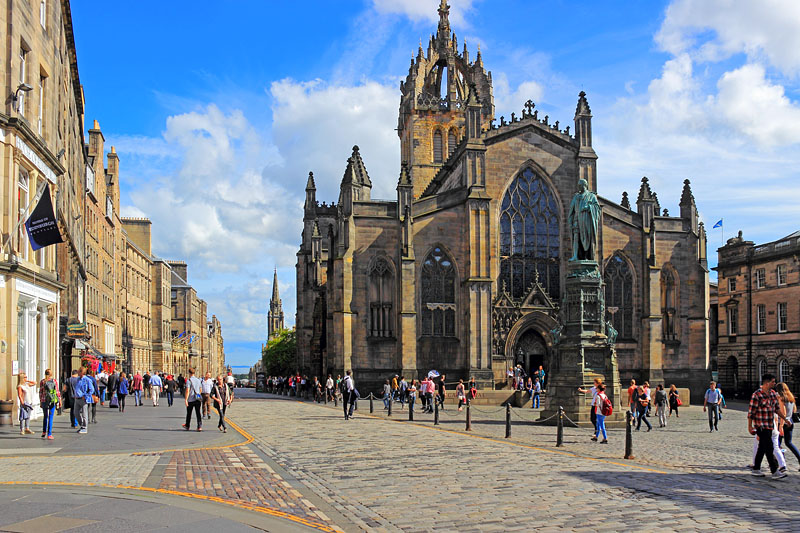
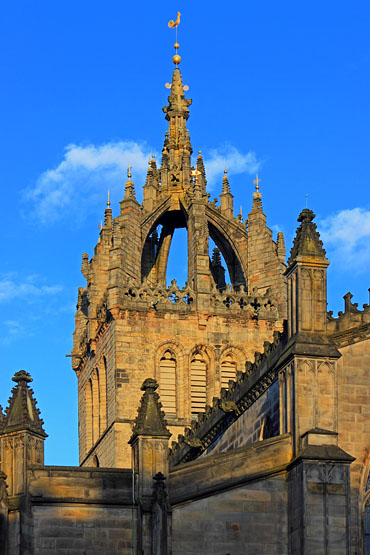
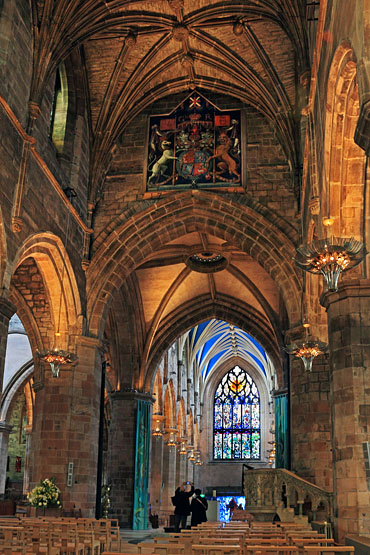
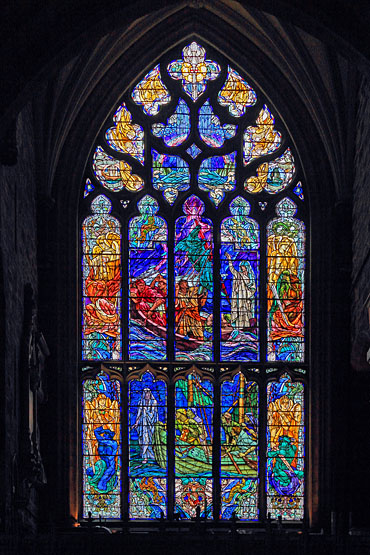
St Giles Cathedral
At the western end of Princes Street is another beautiful church. Built in the early 1800s, St John’s Church from the exterior looks like any other church with its gothic spire. The interior though is the best part of the building. Focus on the nave which is an amazing sight, with elaborate and ornate plaster work. The design is reminiscent of King Henry VII's chapel in Westminster Abbey in London. It also has some fine stained glass windows.
St John’s Church, elaborate nave
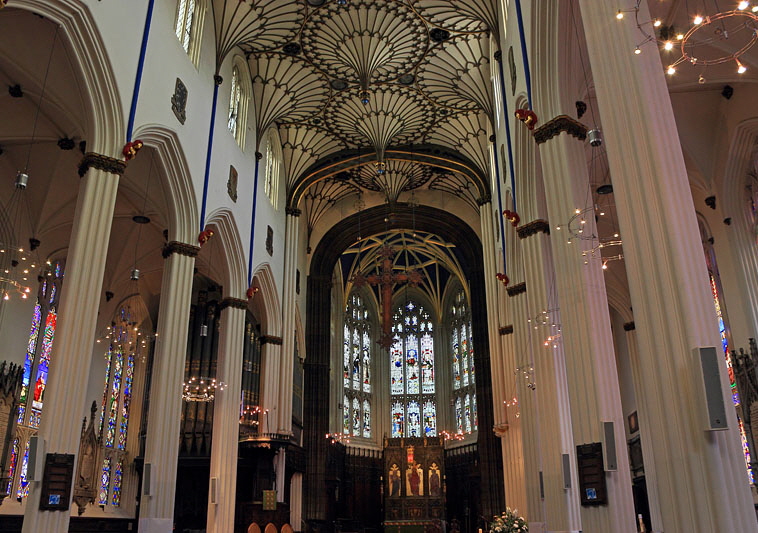
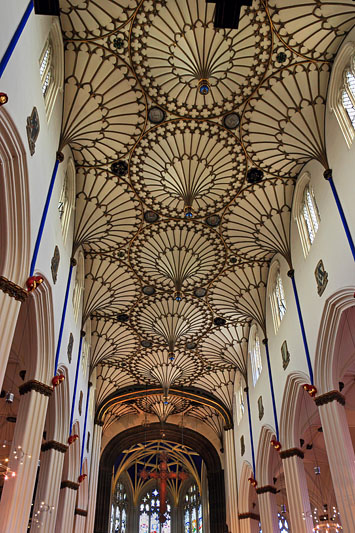
Enhancing my walks with a guided walking tour as well
While a self-guided tour is easy to plan, joining a Free Walking Tour undoubtedly adds to the enjoyment. From the city’s main attractions (not including Edinburgh Castle) to more quirky and unusual discoveries, these two-hour tours are both entertaining and informative. Free means no fee, but a generous tip at the end is customary. On my last day, I chose to join one which took me to a couple of interesting places I hadn’t planned on seeing. In the old town centre, Greyfriars Kirkyard is noted for being Scotland’s ‘most haunted’ graveyard. The land site was acquired by Mary Queen of Scots, and a burial ground was established in the mid 16th century. It is full of ornate gravestones and memorials of some notable residents who have been buried here.
Greyfriars Kirkyard
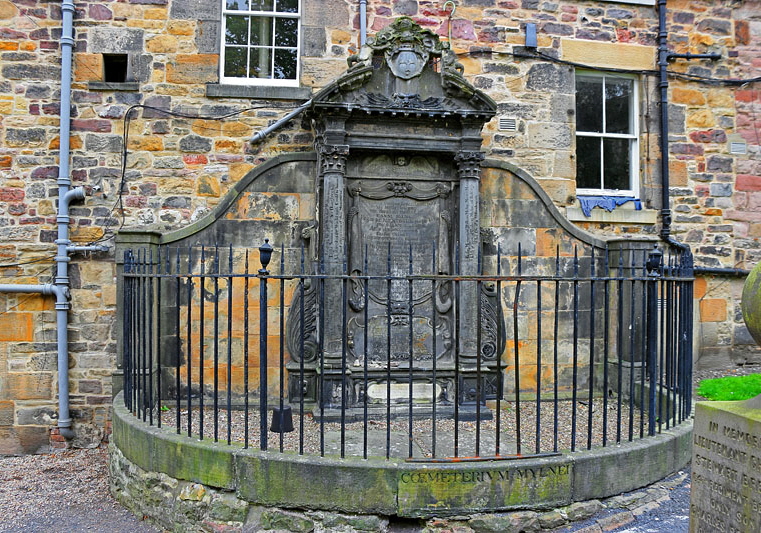
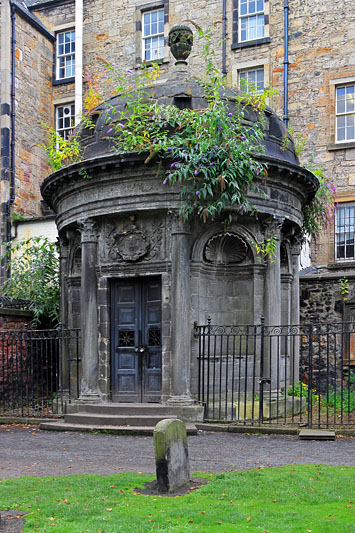
Along the Royal Mile are little alleyways that lead into Lawnmarket. It was once a thriving marketplace for linen trading and clothing. It is one of the oldest parts of Edinburgh and has restored 15th century buildings and traffic-free courtyards. Lookout for the blue dragon sculptures at the entrance to Wardrop’s Court. Being on a guided tour aided very much in appreciating this part of the city that’s steeped in history.
Blue Dragon at Wardrop Court entrance
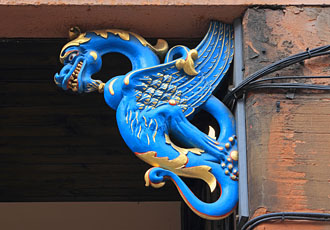
Lawnmarket, and walking tour group
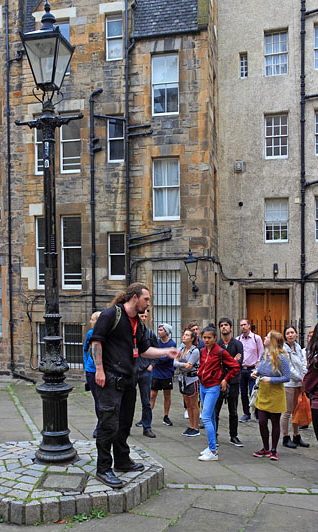
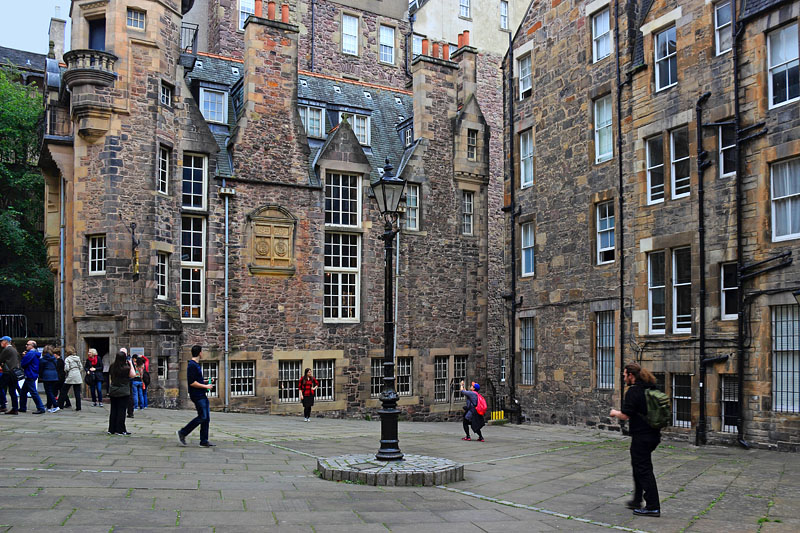
Nearby, one of the most photographed locations is the curving Victoria Street, with its multi-coloured buildings and fashionable boutiques. The cobbled street leads onto Grassmarket Square. The site has a gruesome past as a place where public hangings took place during the 17th century. These days, the cobbled street square instead flourishes with plenty of small restaurants and interesting pubs, and is enjoyed by tourists and locals alike. There are several historic drinking venues here. The Wee Pub is easily missable as it is squashed amongst the other ‘big’ taverns. But it claims a place in history as the smallest pub in Scotland! With so many interesting pub signs, wrought iron signs, and colourful shop fronts, more photo opportunities abound.
Victoria Street
Grassmarket Square
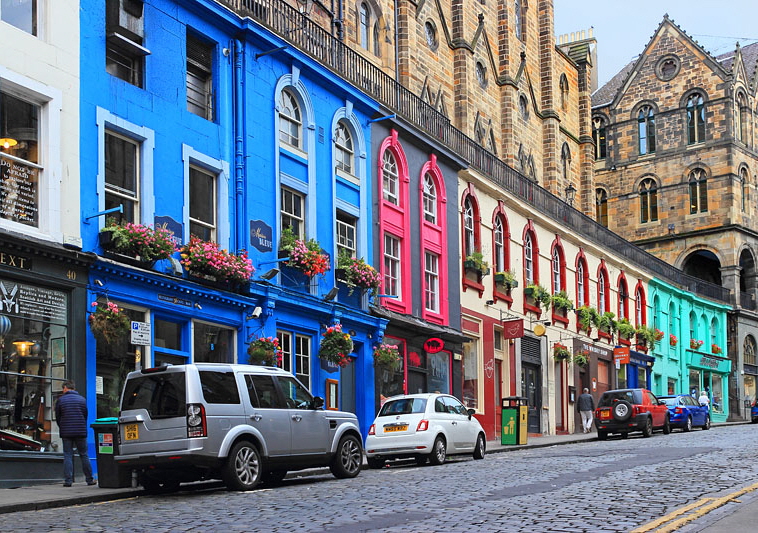
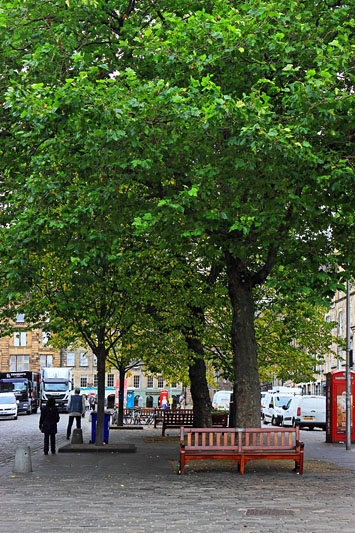
Pubs are of course very much a cultural and social affair of the city. There are also no shortages of Scotch Whiskey venues either, where the spirit is served in genuine whiskey glasses, and encouraged to taste and buy. At some restaurants, beer and ale drinkers can try out a ‘taster’ of three or four small servings of the brew.
Beer tasting

Grassmarket Square pubs
Old Town historic pubs
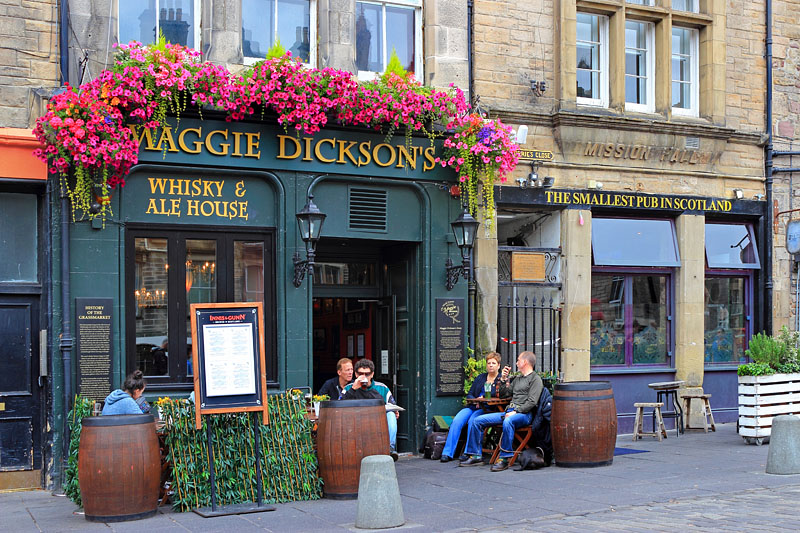
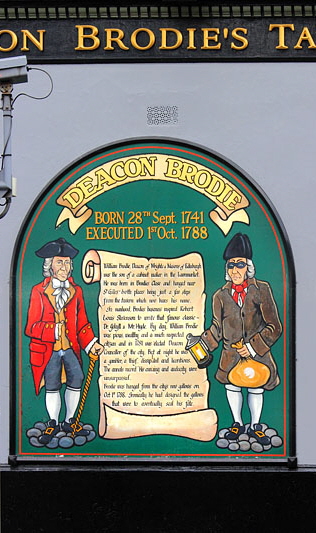
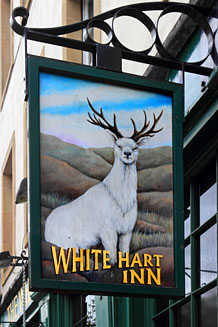
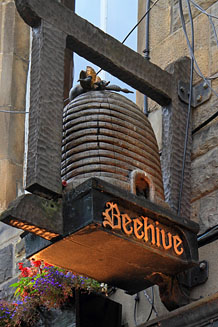
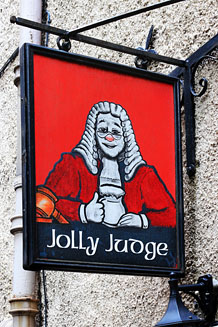
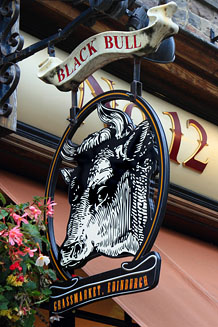
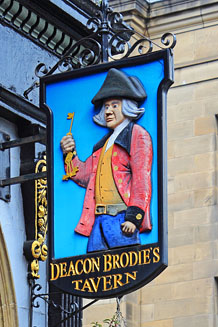
Pub signs make interesting photos
On the east side of Princes Street, is Calton Hill. A short set of steps will lead
you uphill to this large open green space. Here are some unusual and architecturally different historic buildings and monuments that are spread around the site.
Calton Hill, National Monument
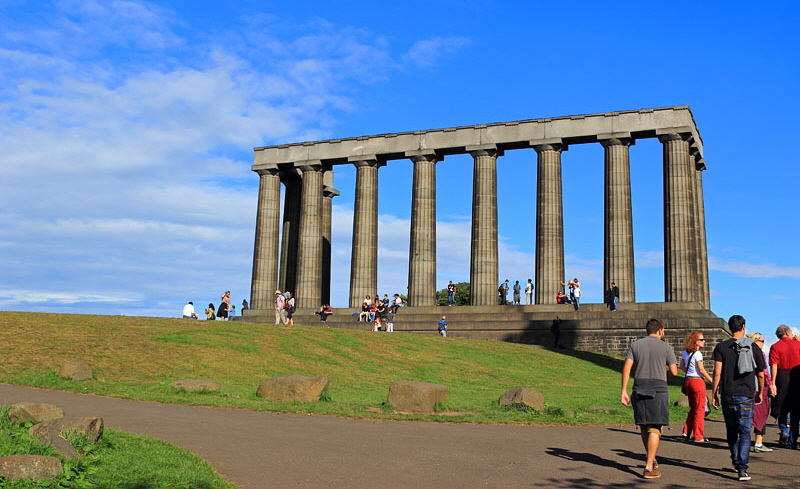
There is The Old Observatory House, The City Observatory, Plafair (that looks like a Greek Temple) and Dugald Stewart monuments, and a Portuguese canon. What looks like a tall black upturned telescope is the Nelson Monument (named after Admiral Horatio Nelson). It cost £6 to climb the 140 or so steps to the top for a view around - although visitors advised me that it was not really better than from any other part of the hill. The huge columned National Monument looks more like a Greek Parthenon and is the main attraction. Somehow all these don’t seem to fit in with the character of the rest of the city buildings and architecture. Nevertheless, it is a lovely area to walk around and enjoy the panoramic views, extending as far towards Leith and Firth of Forth.
Calton Hill is also a place that draws in families for picnics, and others to fly their kites. I even spotted groups flying their drones - and was informed that permission has to be granted.
The Old Observatory House
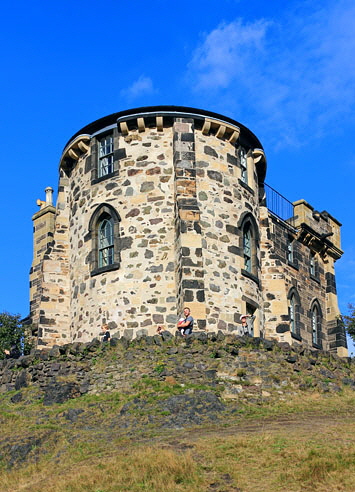
Plafair monument
Portuguese canon
Nelson monument
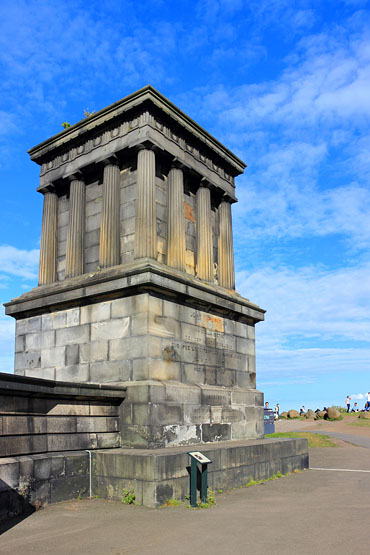
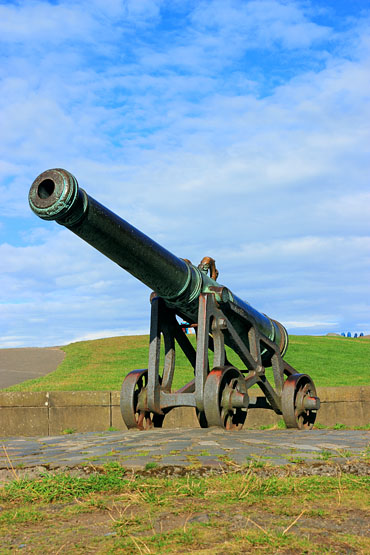
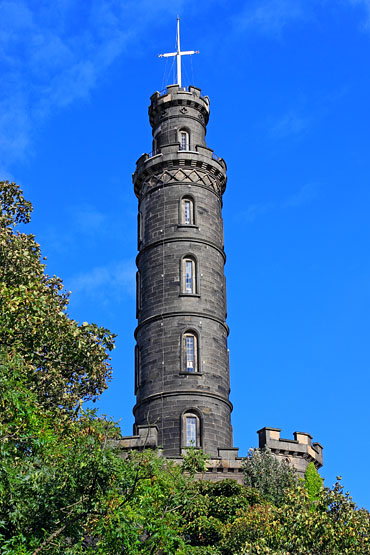
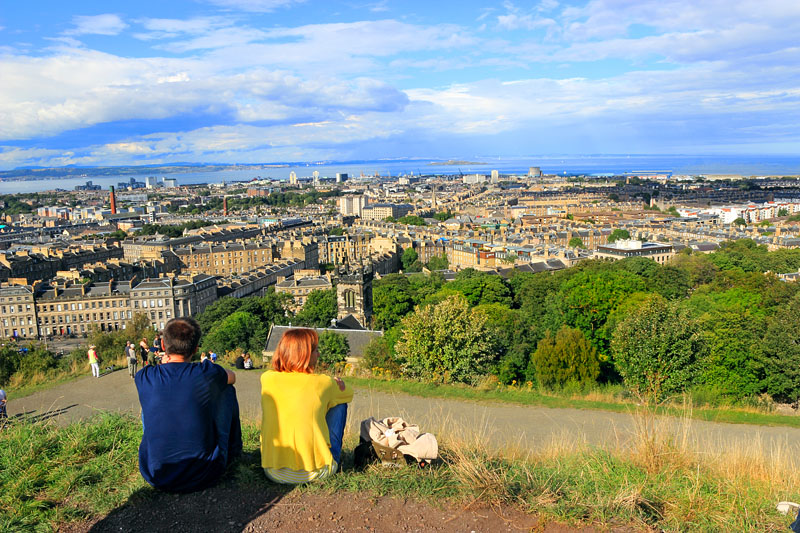
View from Calton Hill
As much as history and culture get priority in my travel itineraries, nature and greenery are also a vital part of showing off a country or city of its beauty. And Edinburgh’s Botanical Garden is one of the finest in the world. Set in 70 acres, it’s a feast of awe-inspiring scenery and landscape - giant Redwood trees, Chinese Garden, Palm House and Rock Garden among others. A couple of my favourites were the glasshouses, one with a Giant Water Lily Pond, and another tropical house that had some carnivorous plants and a flora section with Cattleya and Vanda orchids. Entrance is free except to the glasshouses. The garden is a leisurely 25 minutes walk from the old town area. It’s a place that should be experienced at leisure. However, as time was not on my side, I was not able to see much of the place, but still relished it.
Botanical Garden, Water Lily Pond
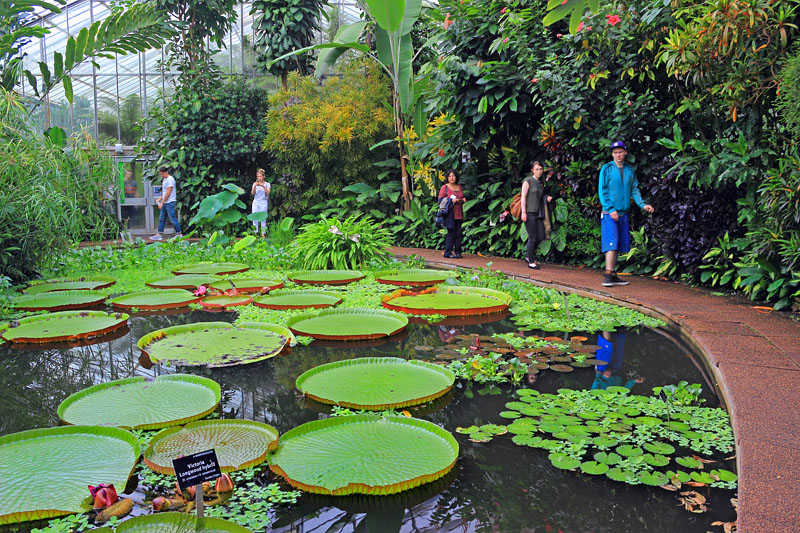
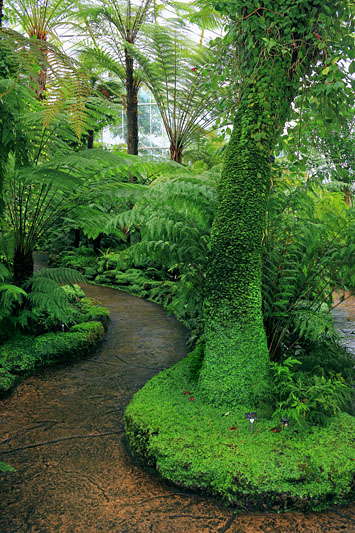
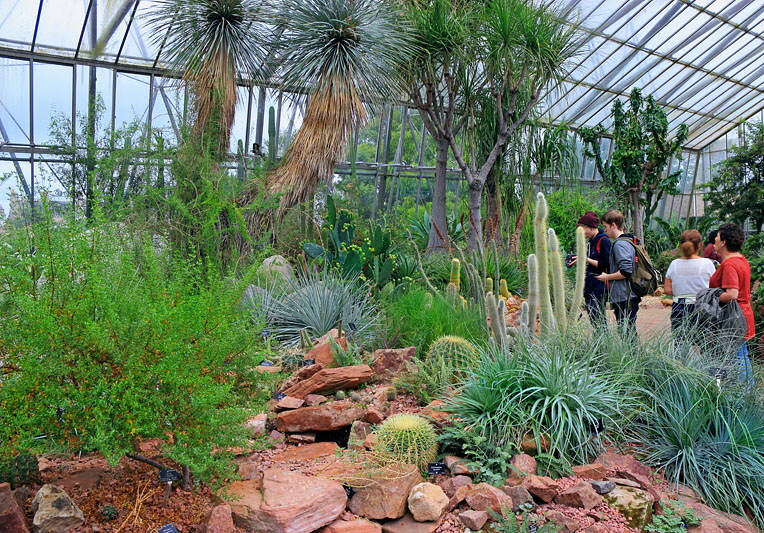
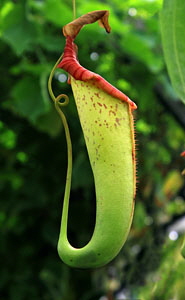


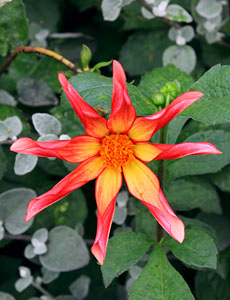
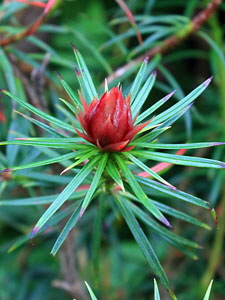
Botanical Garden, exotic flora
After three days of intense sightseeing, I felt that I had achieved my fill of Edinburgh, and glad that I didn’t have to rush to see too many things. Perhaps to see more can be left for another trip.
20 images here ©JAYTRAVELPHOTOS
© COPYRIGHT notice. The images on this site are for viewing only.
To purchase any, for personal or commercial use, please contact us at jaytravelphotos@aol.com
___________________________________________________________________________________________________________________________________________
